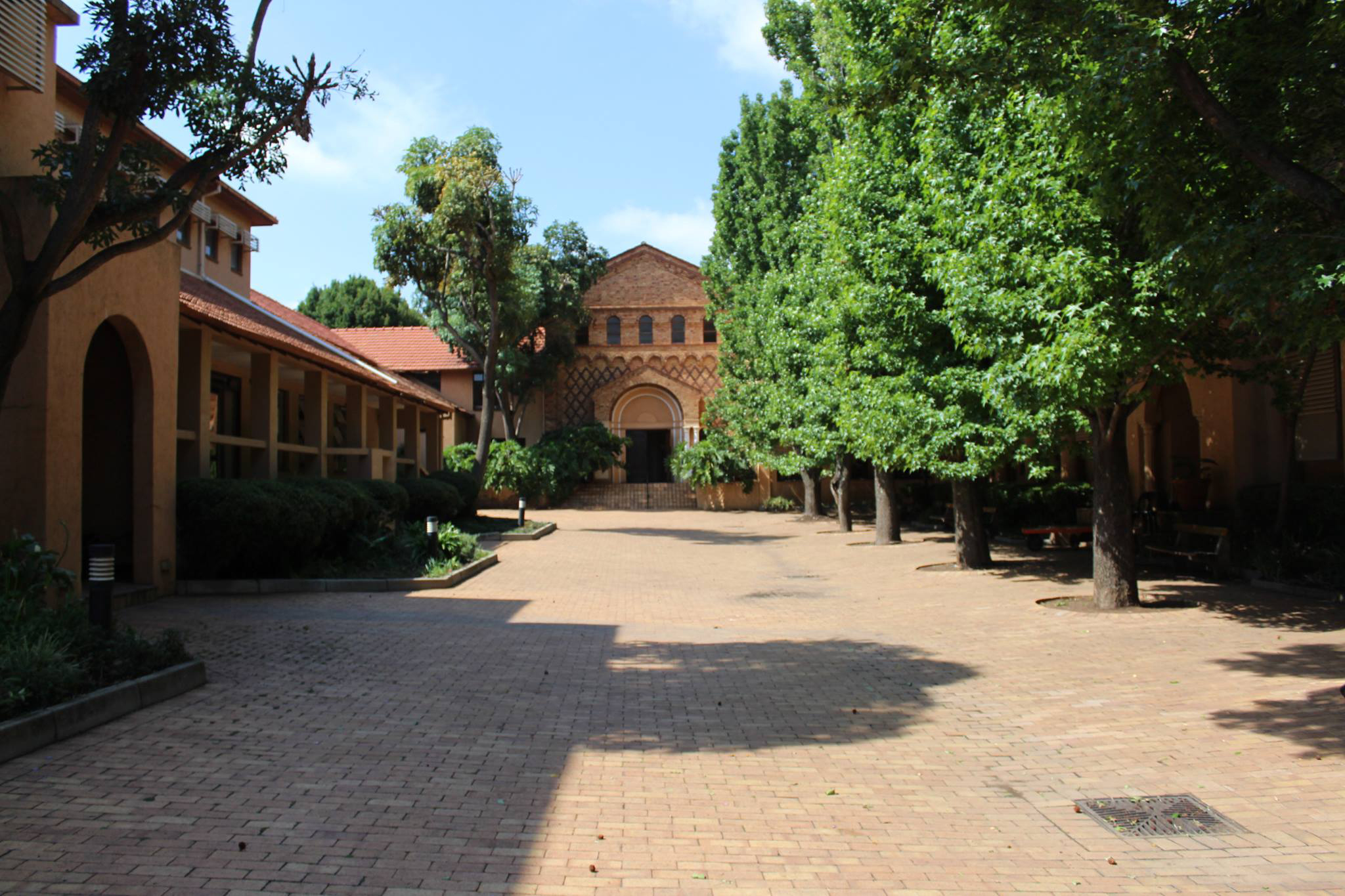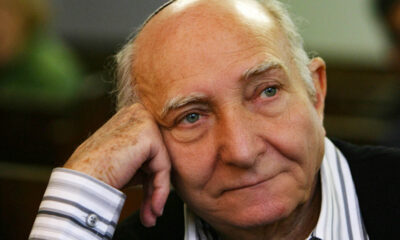
News

Chabad rescued with court case win
Members of Chabad have breathed a collective sigh of relief after successfully challenging a claim to repay a multimillion-rand loan by a company formerly owned by well-known benefactors, the twin brothers Solly and the late Abe Krok, that was made nearly 30 years ago.
It would have dealt a massive blow to the religious and charitable organisation that set up roots in South Africa five decades ago had the court decision gone the other way.
Phoenix Salt Industries, of which Maxim Krok, the son of the late Abe Krok, is director, was unsuccessful in seeking an order for payment by the Lubavitch Foundation of Southern Africa for an amount in the millions plus interests and costs.
Judge Swanepoel delivered his judgment last week in the matter between Phoenix Salt Industries, previously controlled by the Krok twins, who were iconic South African businessmen and philanthropists, and the Lubavitch Foundation of Southern Africa.
The matter goes back to 1994, when the Krok twins, who have had a longstanding relationship with the Chabad movement, generously came to the rescue of the Lubavitch Foundation after it got into financial trouble.
At the time, the Lubavitch Foundation was indebted to Nedbank to the tune of about R5 million, a loan of which was secured by mortgage bonds over properties in Orchards, Johannesburg, which included the popular Torah Academy, a community school founded on the teachings of the Chabad philosophy.
The foundation was experiencing difficulties servicing the loans and approached the Krok twins for assistance. According to court papers, the Kroks proposed paying off the Nedbank debt and taking over the Nedbank loan through Phoenix Salt Industries, a company previously controlled by them.
They proposed that the Lubavitch Foundation enter into a loan agreement on more favourable terms than the bank loan, with the company also taking cession of the mortgage bonds as security for the loan.
The way in which the deal was structured at the time was fairly complex and intricate as set out in court papers involving the sale of various properties, loan, and sale agreements.
After some time, the twins resigned from Phoenix Salt Industries in 2003, and Maxim Krok became director.
It’s understood that Phoenix Salt Industries claimed the agreement with the Lubavitch Foundation was a straightforward loan, and that debt had become due and payable.
The foundation, represented by Rabbi Mendel Lipskar, said the Krok brothers wished to assist the foundation by settling the debt in its entirety, and that he was assured by the twins on numerous occasions that they would never be required to repay the money.
A sprightly Solly Krok, 93, appeared in court last year during the hearing in solidarity with the Lubavitch Foundation and supplied a confirmatory affidavit supporting his friend, Rabbi Lipskar.
Lipskar said in court papers that the foundation had experienced difficulties in servicing loans to Nedbank in 1994. “Solly and Abe, to my knowledge, were extremely successful businessmen and had, over many years, been extremely generous donors to a range of Jewish charities including the foundation”. In addition, he said, “they and I were close personal friends”.
He approached the Krok twins “to intervene with Nedbank and attempt to agree a reasonable settlement of the Nedbank claim, and to assist the foundation to pay whatever settlement amount could be agreed”, according to court papers. “It was never envisaged nor intended that the foundation would be called upon to repay the loan.” In fact, he insisted in court papers that both brothers repeatedly told him that they would never call for the loan to be repaid.
Lipskar said in the papers that the loan would be paid by a separate Krok-controlled company, Golden Hands, from the proceeds of the sale of cluster houses to be developed on the properties sold by the foundation to Golden Hands.
Lipskar was the first Chabad emissary to be sent by the Rebbe, Rabbi Menachem Mendel Schneerson, as a shaliach (emissary) to southern Africa. Together with his wife, Rebbetzin Mashi Lipskar, the couple have been recognised for making an historic contribution to the well-being and growth of the Jewish community after setting up the Lubavitch Foundation of Southern Africa.
Judge Swanepoel said in his judgment, “There’s no reason to reject the evidence of Rabbi Lipskar and that of Solomon Krok.”
The legendary Krok twins, Solly the accountant and Abe the pharmacist, rose to prominence with their first financial success being the creation of a skincare beauty range for the African community. The products became the largest cosmetic range sold in the country, although their complexion lightening creams lead to much controversy.
Since then, the brothers were involved in several pharmaceutical ventures followed by the purchase of Summer Place and other entertainment venues such as Gold Reef City. They built the Apartheid Museum, and along the way, started a number of charity initiatives.
To date, Solly Krok continues his philanthropic ventures, most recently campaigning to combat hunger and poverty in the country exacerbated by the COVID-19 pandemic, with a vision of creating food security initiatives locally with international support.
Ian Levitt, the attorney for the Lubavitch Foundation, said, “I’m grateful to my entire legal team who assisted me in bringing a successful result to this matter. A loss would have been devastating, not only to the Lubavitch Foundation but to the community at large for whom the foundation does such good work. I, together with many members of the community, are ecstatic about the result, the court having found that there was no reason to reject the evidence of Rabbi Lipskar or Solly Krok.”
Lipskar and Krok declined to comment.










